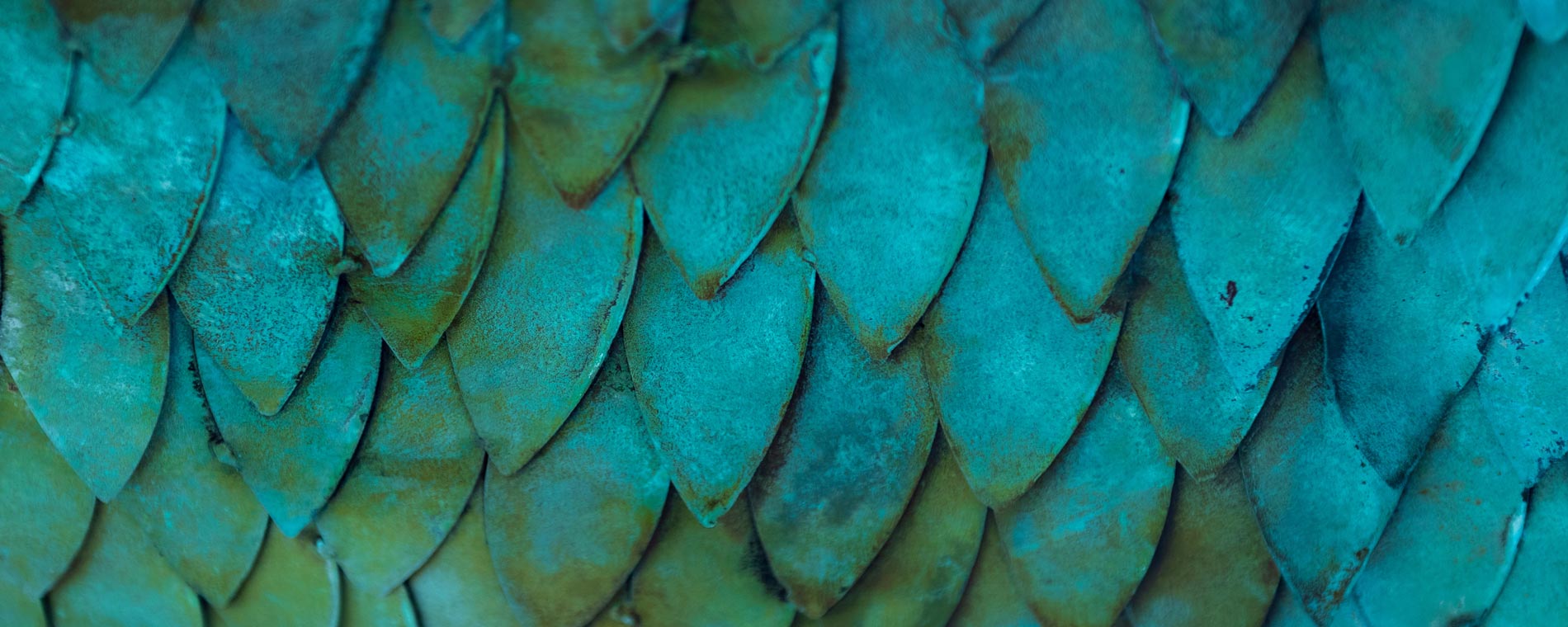UNCW’s FREED Project seeks the community’s input about sites important to underrepresented communities. The project plans to place new historical markers at these sites to honor and build a more inclusive Wilmington history.
“We are working with community stakeholders to identify unmarked sites and people with historical significance to the Wilmington area,” said Jennifer Le Zotte, an associate professor of history and a member of the FREED (Fragility, Resilience and Engaged Education in Democracy) Project faculty development team.
The sites will have either physical or digital markers. The digital markers will be accessible through the PopWalk app, co-created by UNCW Assistant Professor Ian Weaver. The app will recognize sites in the community and offer historical details through video, commentary and primary sources, said Le Zotte.
“It will act as a virtual tour,” she continued. “We hope that this will be something students, as well as any member of the public, will use as part of classroom activities or on their own. FREED is already supporting student access to the WilmingtoNColor Black Heritage Tour this semester, and this is an extension of those educative efforts. We hope to have samples of this program by the end of the semester. It will be an ongoing project over the next two years, but the aim is for the app to have robust points of reference by the end of spring 2024.”
The historical marker project includes the creation and permanent placement of two to three physical markers, with at least one at a site significant to the 1898 massacre and coup.
“We are in the process of contacting potential local artists to work on these markers and aim to have something produced by the end of spring 2024 and erected by summer 2024,” said Le Zotte.
Community members can submit their suggestions for historical markers by filling out this survey.
In 2022, UNCW received a planning and implementation grant from The Teagle Foundation to fund a program that explores the meaning and fragility of democracy. The FREED Project is a university-wide program to enhance civic education by integrating coursework, applied learning and community-engaged research and learning. Students will explore what it means to participate in a democracy, how that participation is activated through civic engagement and how fragile it may be under certain circumstances. The project will focus on Wilmington’s history, including the 1898 coup d’état and massacre.
This article has the following tags: CHSSA - College of Humanities, Social Sciences, & the Arts Engagement


